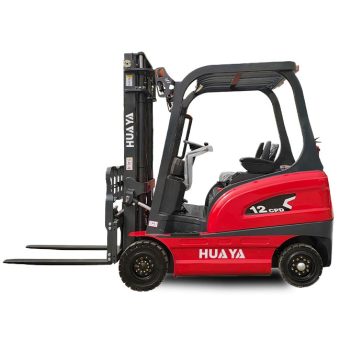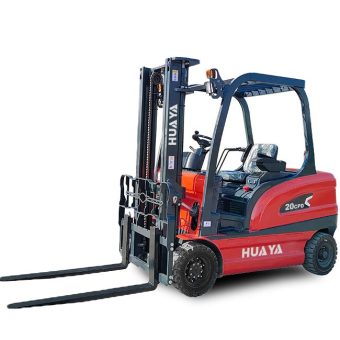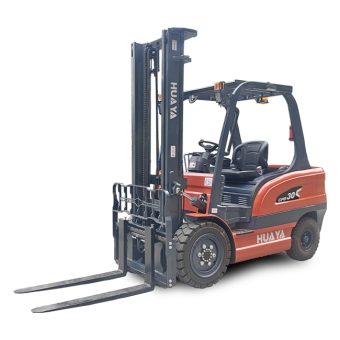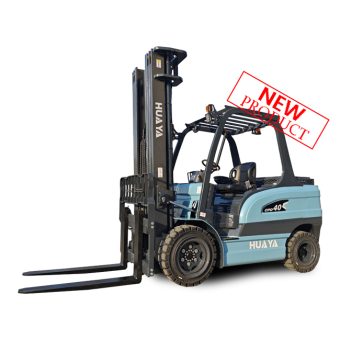
News
When it comes to forklift battery chargers, there's a prevailing misconception that all chargers are essentially identical. However, this couldn't be further from the truth. Forklift battery chargers vary significantly in terms of their features, capabilities, and suitability for different applications. In this comprehensive guide, we'll delve into the intricacies of forklift battery chargers, debunking common myths and providing valuable insights to help you make informed decisions for your business.
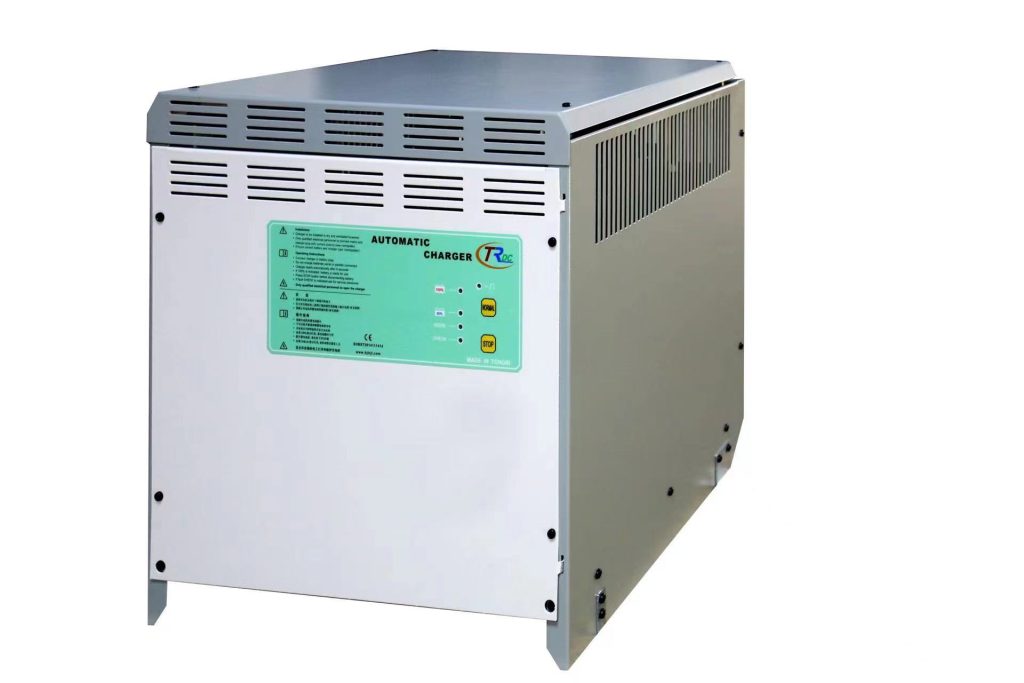
Before we delve into the specifics, let's underscore the importance of selecting the right forklift battery charger for your needs. Forklifts are indispensable assets in warehouses, distribution centers, and manufacturing facilities, where they facilitate the efficient movement of goods and materials. However, the performance and longevity of a forklift depend not only on the vehicle itself but also on the battery and charger system.
Compatibility: Ensure that the charger is compatible with the type and voltage of your forklift battery. Using an incompatible charger can lead to inefficiencies, premature battery failure, and safety hazards.
Charging Efficiency: Look for chargers equipped with advanced charging algorithms that optimize the charging process for maximum efficiency and battery lifespan.
Flexibility: Consider whether the charger supports different charging profiles and modes to accommodate various battery chemistries and applications.
Safety Features: Prioritize chargers with built-in safety mechanisms such as overcharge protection, temperature monitoring, and automatic shutdown to prevent accidents and prolong battery life.
Contrary to popular belief, not all forklift battery chargers deliver the same level of charging performance. High-quality chargers leverage advanced technologies such as pulse charging, equalization, and smart charging algorithms to deliver faster and more efficient charging cycles.
While it's tempting to assume that any charger will suffice for your forklift battery, using an incompatible or subpar charger can actually shorten the battery's lifespan. Improper charging can lead to overcharging, undercharging, and sulfation, all of which contribute to premature battery degradation.
While price can be a factor in determining charger quality, it shouldn't be the sole criterion. Investing in a high-quality charger may entail a higher upfront cost, but the long-term benefits in terms of performance, reliability, and battery longevity far outweigh the initial expense.
Now that we've dispelled common myths surrounding forklift battery chargers, let's explore how to select the right charger for your specific requirements.
In conclusion, not all forklift battery chargers are created equal. By dispelling common myths and understanding the key factors that differentiate chargers, you can make informed decisions that optimize performance, efficiency, and longevity for your forklift fleet. Remember to prioritize compatibility, efficiency, and safety when selecting a charger, and don't hesitate to invest in quality equipment for long-term success.
